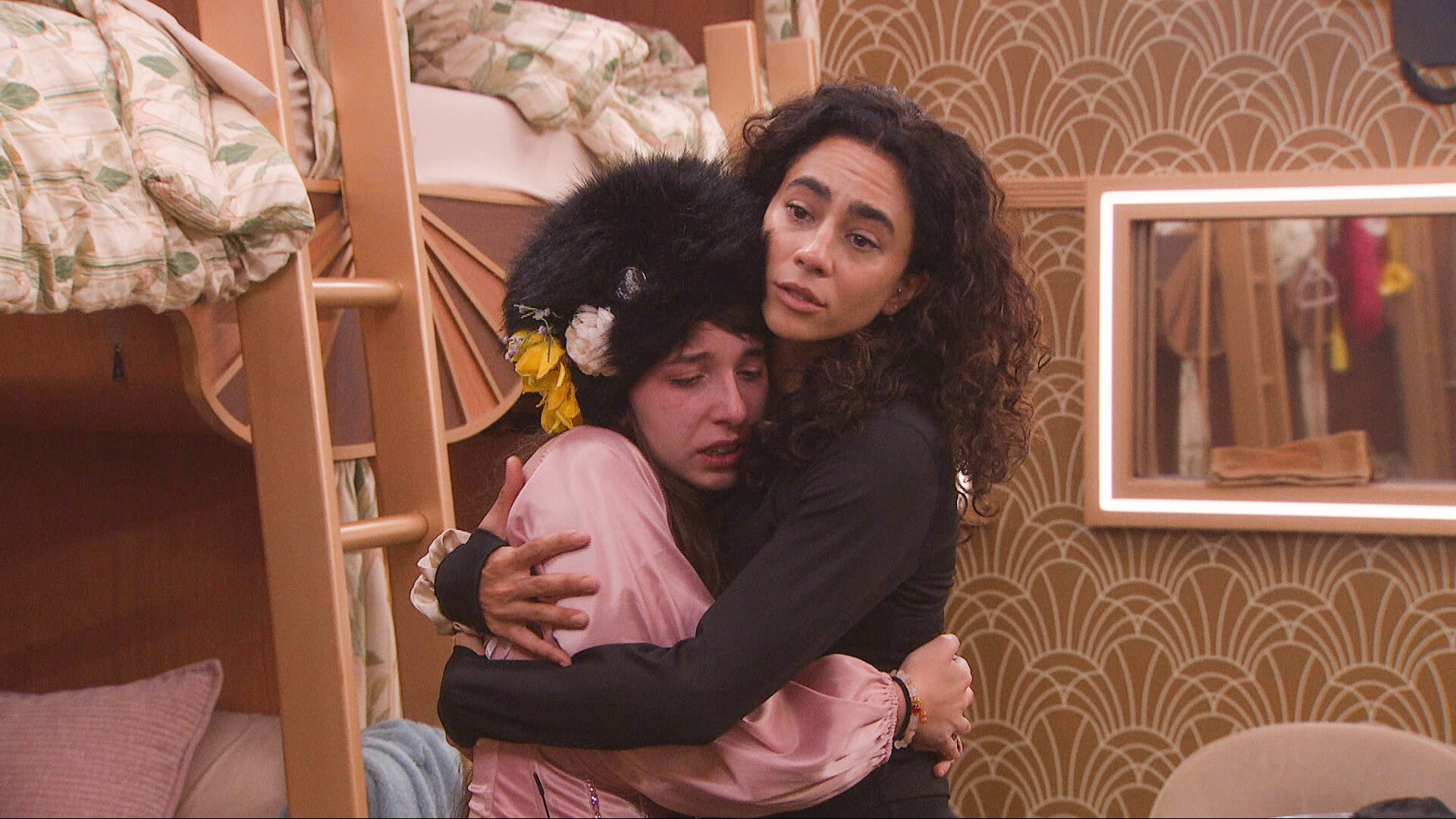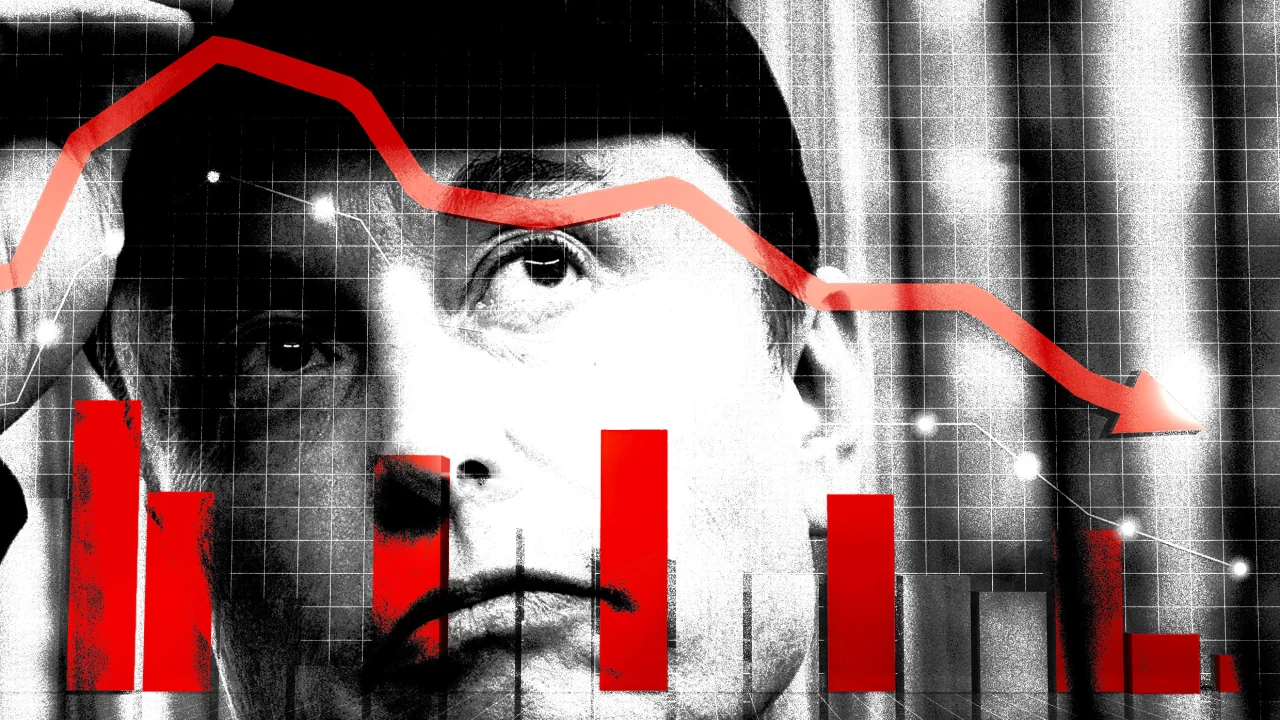You cried at work. Now what?

So, you cried at work. In front of other people.
Maybe it caught you off guard—unexpected tears rising mid-sentence during a meeting, or an emotional wave you couldn’t quite contain. Maybe you knew it was coming but thought you could hold it until later.
And now, on top of whatever brought the tears in the first place, you’re managing a second layer: the self-consciousness. The post-cry spiral. The wondering what they think. The wondering what this means.
If that’s where you are, here’s what I want you to hear: this happens. More often than people admit. And while it may not have been your plan, it’s not an indictment of your professionalism, your competence, or your leadership.
What crying at work actually signals
As a coach and therapist, I’ve worked with dozens of women in the moment after this one—the part where you start replaying the scene, wondering if you lost credibility or if your colleagues now see you differently. And what I’ve learned is this:
Tears in a professional setting rarely happen out of nowhere. They’re often the culmination of weeks, months, sometimes years of accumulation. Maybe it’s rooted in unspoken frustration, chronic overextension, casual sexism that you’ve absorbed and tried to rise above, situations that put you in no-win territory, or being told your feedback is “so important” but watching nothing change. Eventually, your internal emotional system starts to flag and—sometimes—that results in tears.
In many workplaces, crying in front of others still carries a social cost. There may be discomfort, silence, or even avoidance. That’s not because you did something wrong—it’s because we haven’t built workplace cultures that know how to metabolize emotion.
So what do you do now?
A Professional Debrief
Here’s what I often walk clients through after a moment like this:
1. Take a neutral inventory
What was happening in the room, both externally and internally? Think through both the words that were said and the dynamics at play. Were you under attack? Were you receiving feedback in a way that felt demeaning? Were you put in a position where your values felt compromised?
Often, the tears aren’t about a single moment—they’re about a cumulative weight. Getting specific can help you separate the emotional release from the storyline of “I lost control.”
2. Don’t rush to over-correct
The instinct might be to overexplain or immediately send a follow-up message downplaying the moment. That’s not always necessary. If you feel a follow-up would serve you—not just protect others from discomfort—then keep it simple and grounded: “Yesterday’s conversation touched on something I care deeply about, and I had a strong response. I appreciate everyone’s professionalism, and I’m clearheaded about where to go from here.”
There’s no need for a drawn-out apology. Emotion isn’t misconduct.
3. Zoom out. What system were you navigating?
Women in leadership often carry a disproportionate burden of emotional regulation. You may be expected to be the one who brings empathy, maintains the calm, and absorbs tension. When that expectation becomes unsustainable, the moment you stop performing that role can feel disruptive.
That doesn’t make your feelings inappropriate. It makes the system worth examining.
If you’re still cringing
That’s natural. You’re human. And most of us were conditioned to believe that our value at work rests on being cool, calm, and above it all.
But from a professional perspective, one emotional moment—especially when it reflects real stress or high stakes—doesn’t undo years of competence, credibility, or leadership. It’s a data point, not a verdict.
So the question becomes: what do you want to learn from it?
Not in a punitive, “How do I make sure this never happens again?” way—but in a curious, “What’s the system I’ve been operating in, and what is it costing me?” kind of way.
Maybe you’ve been holding too much without support. Maybe something in your role or team culture needs repair. Maybe your values are rubbing up against something that isn’t working anymore. Whatever it is—it’s worth paying attention to.
Pause and reflect
Crying at work is not a character flaw. It’s a moment of unscheduled honesty in a place that doesn’t always make room for it. And while it may not have felt “professional,” it may have been true. And truth is always worth examining.
If you’re finding yourself stuck in the aftershocks—ruminating, replaying, pulling away—I’d invite you to pause. Not to “fix” yourself, but to reflect. With less judgment and more context.
You are not the only one. You are not broken. And this moment doesn’t define you. But it might be trying to tell you something important.
What's Your Reaction?
 Like
0
Like
0
 Dislike
0
Dislike
0
 Love
0
Love
0
 Funny
0
Funny
0
 Angry
0
Angry
0
 Sad
0
Sad
0
 Wow
0
Wow
0






























































































